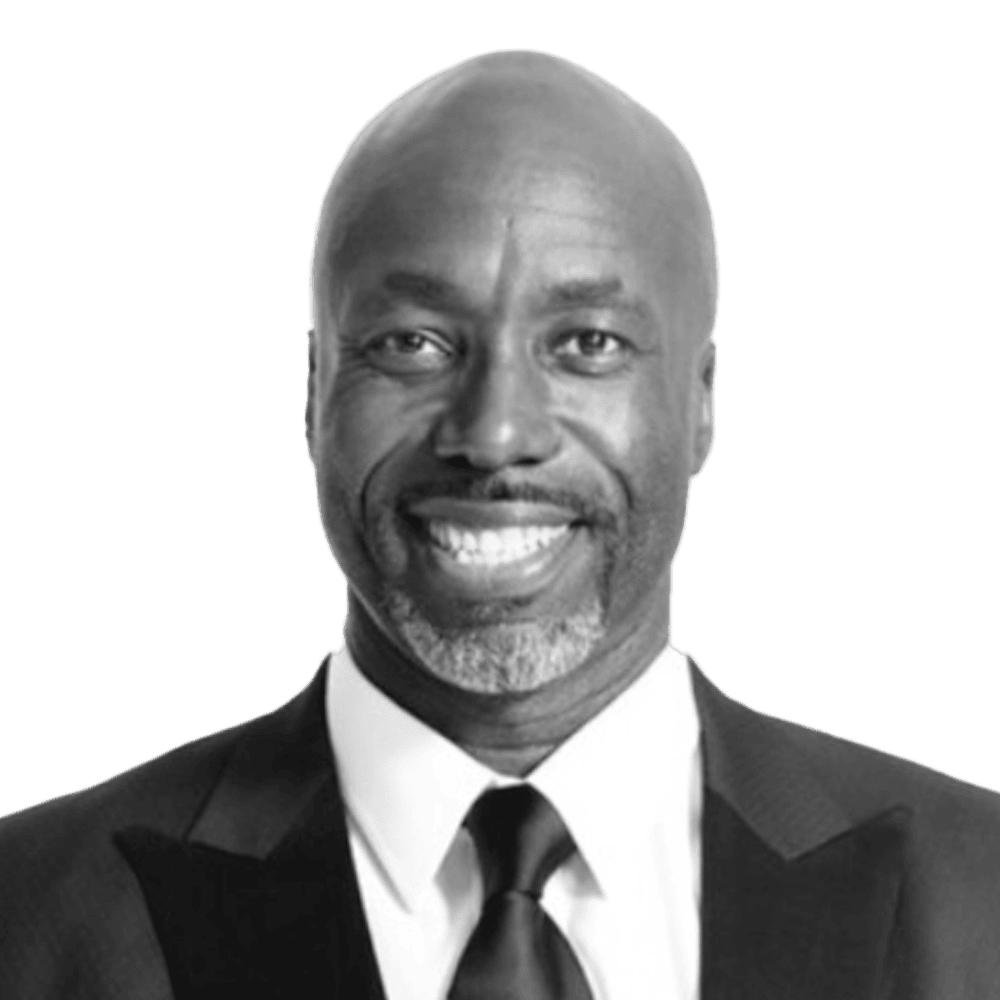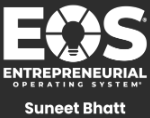An organization’s relevance is measured not by its longevity, but by its ability to evolve with purpose. Marcus Allen, chief executive officer of Big Brothers Big Sisters Independence, has spent the last several years proving that legacy institutions can lead innovation when they center community voice and structural equity.
Under Allen’s leadership, the organization underwent a transformation that extended far beyond programming. Operational models were redesigned, impact strategies recalibrated and internal culture elevated to match the urgency of its mission. He led Big Brothers Big Sisters Independence through this evolution not by relying on tradition, but by engaging people at every level—youth, mentors, staff and stakeholders—in reimagining what mentoring could accomplish in today’s world.
For Allen, guiding change begins with listening and acting with intention. He believes the future of work—especially in mission-driven sectors—depends on building capacity from the inside out. That means developing leaders within the organization, equipping them to navigate complexity and creating systems that adapt to real-world conditions. His focus has been on aligning technology, policy and relationships to better serve the youth and families at the heart of the mission.
Recognition as a Titan 100 Honoree affirmed the effectiveness of this people-first, systems-focused approach. For Allen, the honor reflects not only what has been accomplished, but what is still possible when leaders commit to lasting change over quick wins. The Titan 100 network has expanded his own perspective while deepening his resolve to help others rise.
Among the initiatives he’s most proud of is a participatory strategic planning process that redefined how decisions are made within the organization. Rather than dictating direction, Allen invited contribution from across the agency. The resulting blueprint reflects shared ownership and a deeper understanding of how to turn insight into action.
Through that process, he was reminded of a critical truth: Transformation is strongest when it is co-created. Empowerment is not an outcome—it’s a method. And when people feel invested in the path forward, innovation accelerates.
If there were one skill he could acquire in an instant, it would be mastery in systems-level change management. To Allen, leadership at scale requires more than inspiring teams—it demands the ability to align structures that shape opportunity itself. In his work, he’s witnessed how persistent inequities limit potential, and how thoughtful, integrated strategies can dismantle those limitations. With that mastery, he would not only design equitable solutions but ensure they endure.
Outside of formal initiatives, Allen stays engaged by mentoring leaders, advising on policy and fostering collaboration across sectors. He measures success by the agency’s growing reach and by the lives reshaped through trust, access and belief.
At Big Brothers Big Sisters Independence, Allen hasn’t just kept the organization relevant—he has made it essential. By fusing community wisdom with institutional courage, he’s charting a path where every young person is seen, supported and equipped to thrive in a world rebuilt for possibility.









